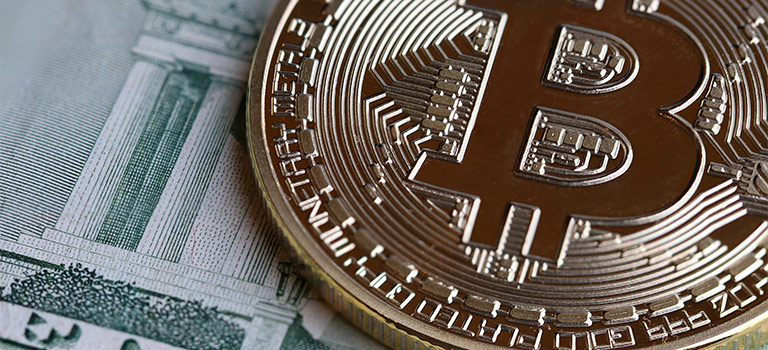PALO ALTO, Calif. (Reuters) - The Federal Reserve is looking at a broad range of problems around digital payments and currencies, including policy, style and legal factors to consider around possibly providing its own digital currency, Governor Lael Brainard said on Wednesday. Brainard's remarks suggest more openness to the possibility of a Fed-issued digital coin than in the past." By changing payments, digitalization has the potential to provide greater value and convenience at lower expense," Brainard said at a conference on payments at the Stanford Graduate School of Company.
Reserve banks globally are disputing how to manage digital finance technology and the dispersed journal systems utilized by bitcoin, which assures near-instantaneous payment at potentially low cost. The Fed is developing its own day-and-night real-time payments and settlement service and is currently examining 200 remark letters sent late last year about the proposed service's style and scope, Brainard stated.

Less than two years ago Brainard told a conference in San Francisco that there is "no compelling showed need" for such a coin. However that was before the scope of Facebook's digital currency aspirations were commonly understood. Fed officials, including Brainard, have actually raised issues about customer protections and information and privacy dangers that might be postured by a currency that might enter into usage by the third of the world's population that have Facebook accounts.
" We are collaborating with other central banks as we advance our understanding of main bank digital currencies," she stated. With more nations checking out issuing their own digital currencies, Brainard said, that contributes to "a set of factors to also be making certain that we are that frontier of both research study and policy development." In the United States, Brainard said, problems that require study consist of whether a digital currency would make the payments system safer or simpler, and whether it might pose financial stability threats, including the possibility of bank runs if cash can be turned "with a single swipe" into the central bank's digital currency.
To counter the monetary damage from America's extraordinary nationwide lockdown, the Federal Reserve has actually taken extraordinary actions, including flooding the economy with dollars and investing straight in the economy. Most of these relocations got grudging approval even from many Fed skeptics, as they saw this stimulus as required and something just the Fed might do.
My brand-new CEI report, "Government-Run Payment Systems Are Unsafe at Any Speed: The Case Against Fedcoin and FedNow," details the threats of the Fed's present plans for its FedNow real-time payment system, and proposals for central bank-issued cryptocurrency that have actually been called Fedcoin or the "digital dollar." In my report, I talk about concerns about personal privacy, information security, currency manipulation, and crowding out private-sector competitors and innovation.
Proponents of FedNow and Fedcoin state the government must create a system for payments to deposit immediately, instead of motivate such systems in the private sector by lifting regulatory barriers. But as noted in fedcoin announced the paper, the private sector is providing an apparently unlimited supply of payment innovations and digital currencies to resolve the problemto the degree it is a problemof the time space in between when a payment is sent and when it is gotten in a checking account.
And the examples of private-sector development in this location are many. The Clearing House, a bank-held cooperative that has been You can find out more routing interbank payments in different forms for more than 150 years, has actually been clearing real-time payments considering that 2017. By the end of 2018 it was covering 50 percent of the deposit base in the U.S.